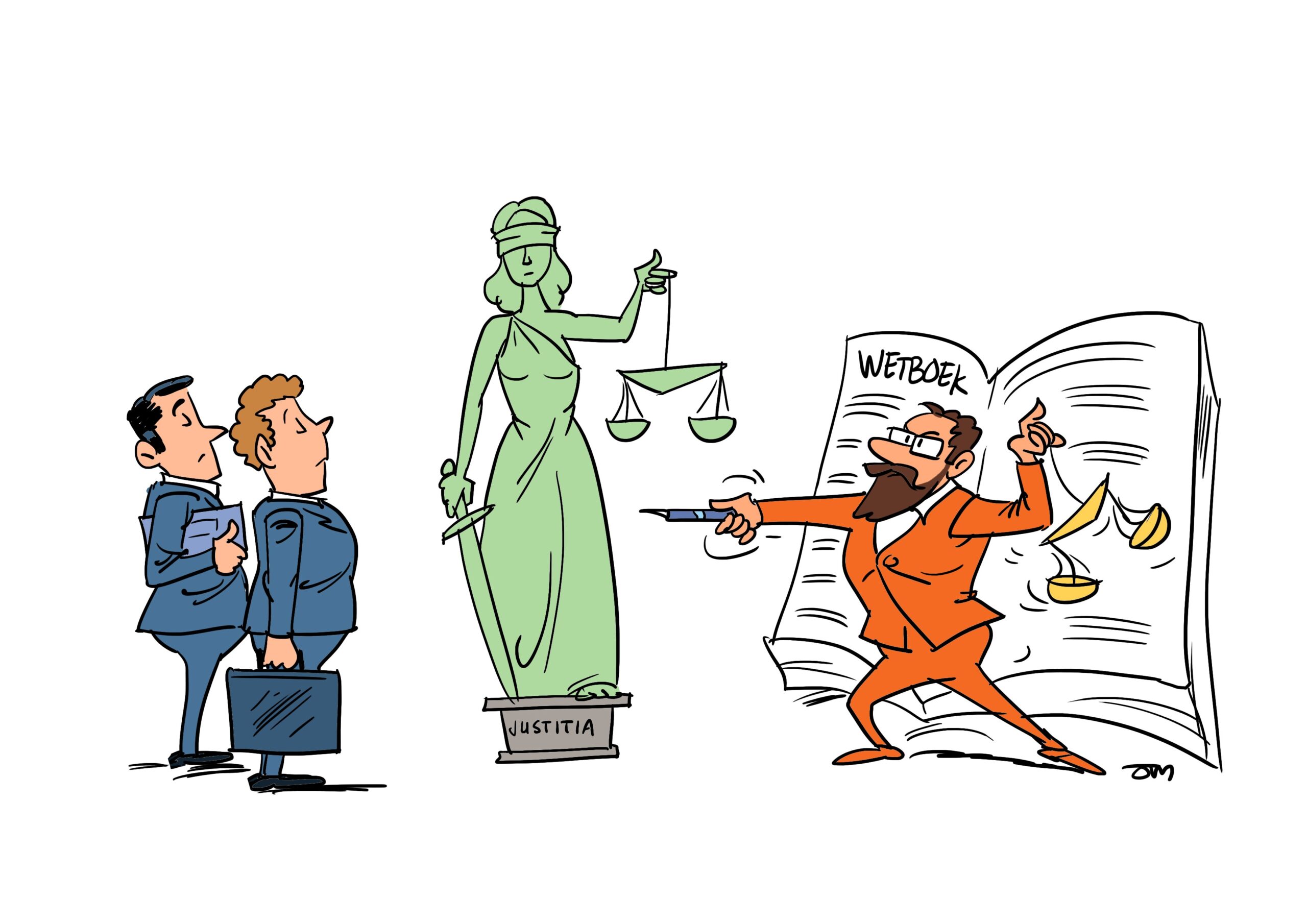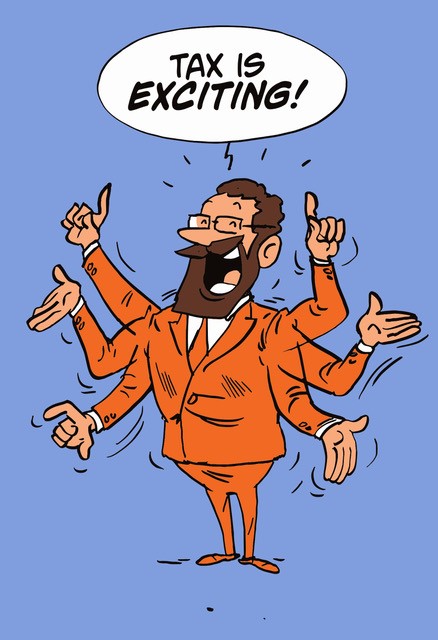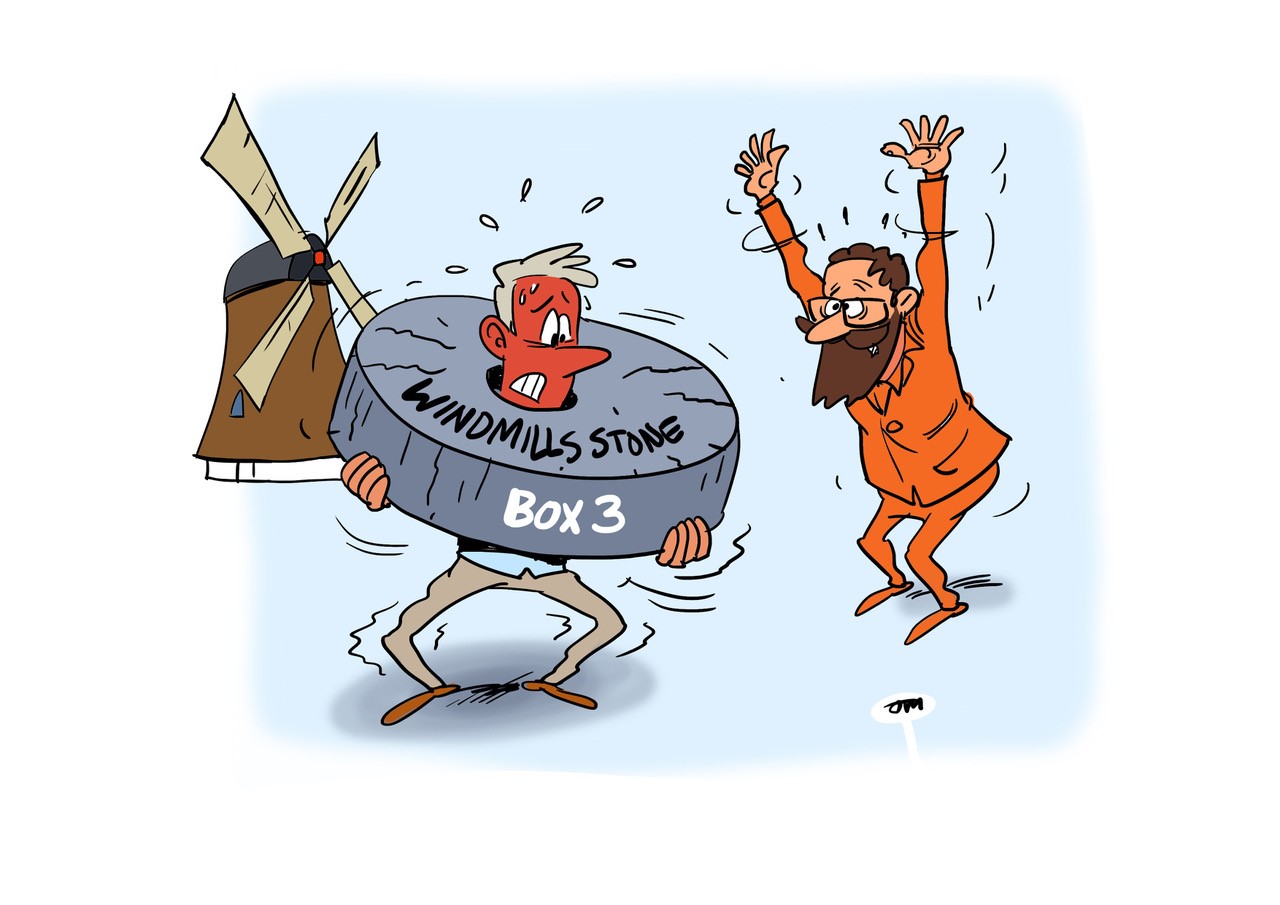Employment rules in the Netherlands are set by the labour law. The labour law is created after the second world war to protect the weak employee against the strong employer. The result is a law that is very protective for the employee.
An employment contract is an indefinite contract, unless a period has been agreed upon. During the first 36 months an employment contract can be extended for three times, the fourth time it is an indefinite contract, or when the 36 months expire. The trial period for contracts shorter than two years is one month, for the other contracts that is two months. Our opinion is to start with a six months contract, that provides plenty time to see if the employee fits the profile.
In case you decide for some reason not to continue the definite contract, make sure the employee is made aware before the final date and send the message also by registered mail. If the employee shows up the day after the contract ended, a new period has started.
A contract is based on Dutch labour law, even though it might state that another nation labour law is applicable. Basing the Dutch employment contract on another nation regulations, makes the Dutch law prevail and some articles void. The most common example is the German three months trial period introduced in a Dutch contract. That implies no trial period applies.
We always recommend to use the services of a labour lawyer for drawing the contract, reviewing contracts, update contracts and upfront advise before you terminate a contract. A labour lawyer charges for its services, but the labour lawyer invoice is in no comparison to the continuance employment costs.
When well prepared, the Dutch labour system is not so bad. If you have your employee still employed after 36 months and the contract becomes an indefinite contract then, maybe it implies that you have a good staff.




